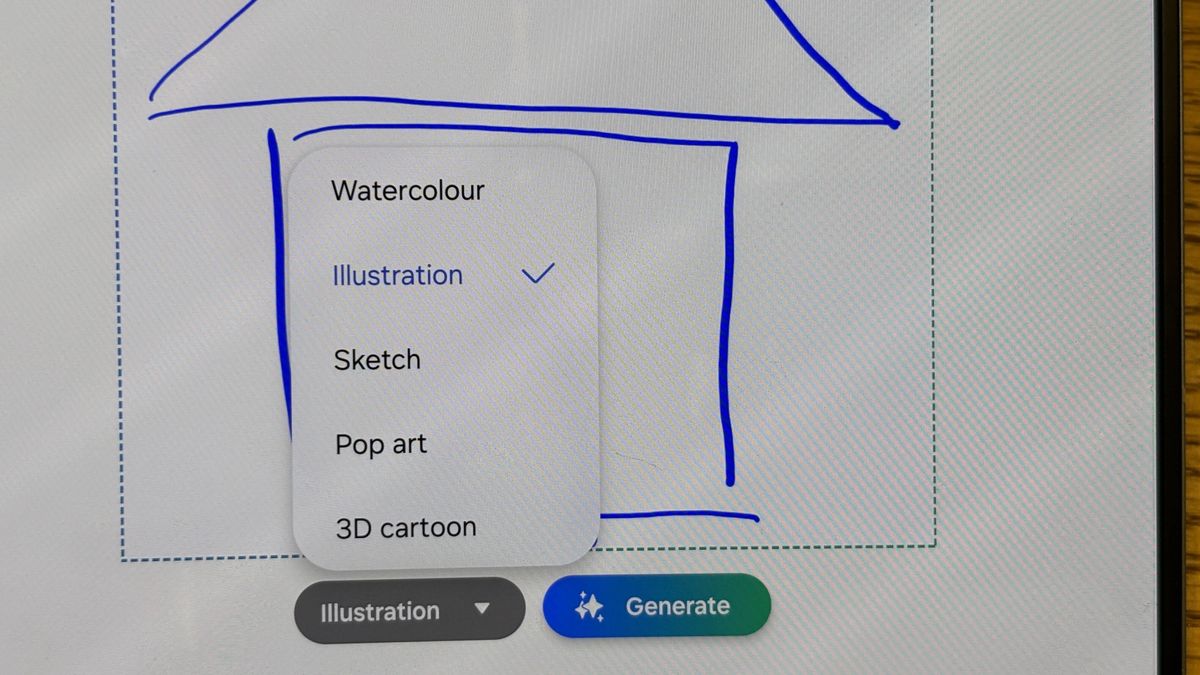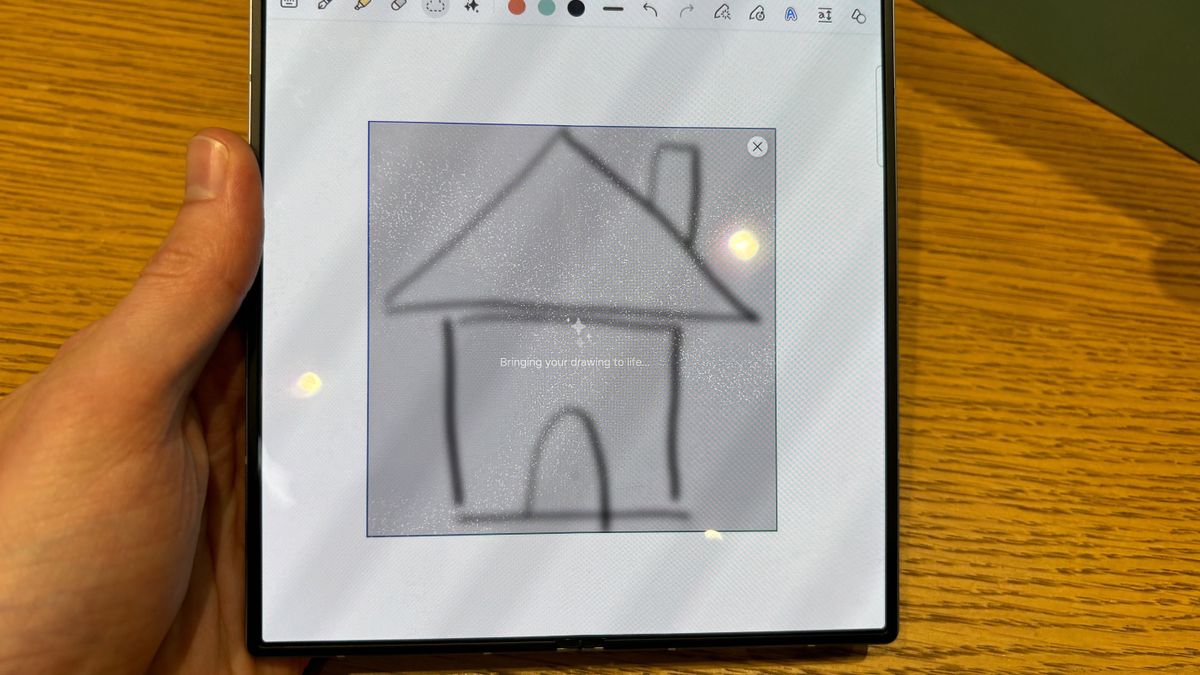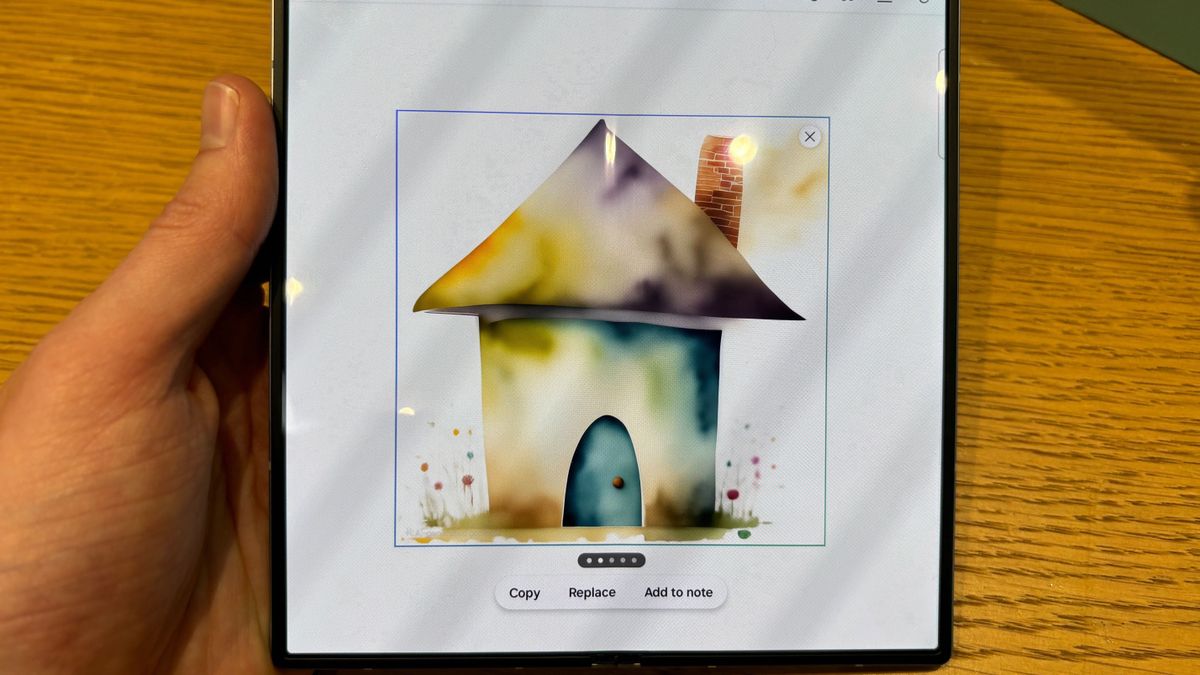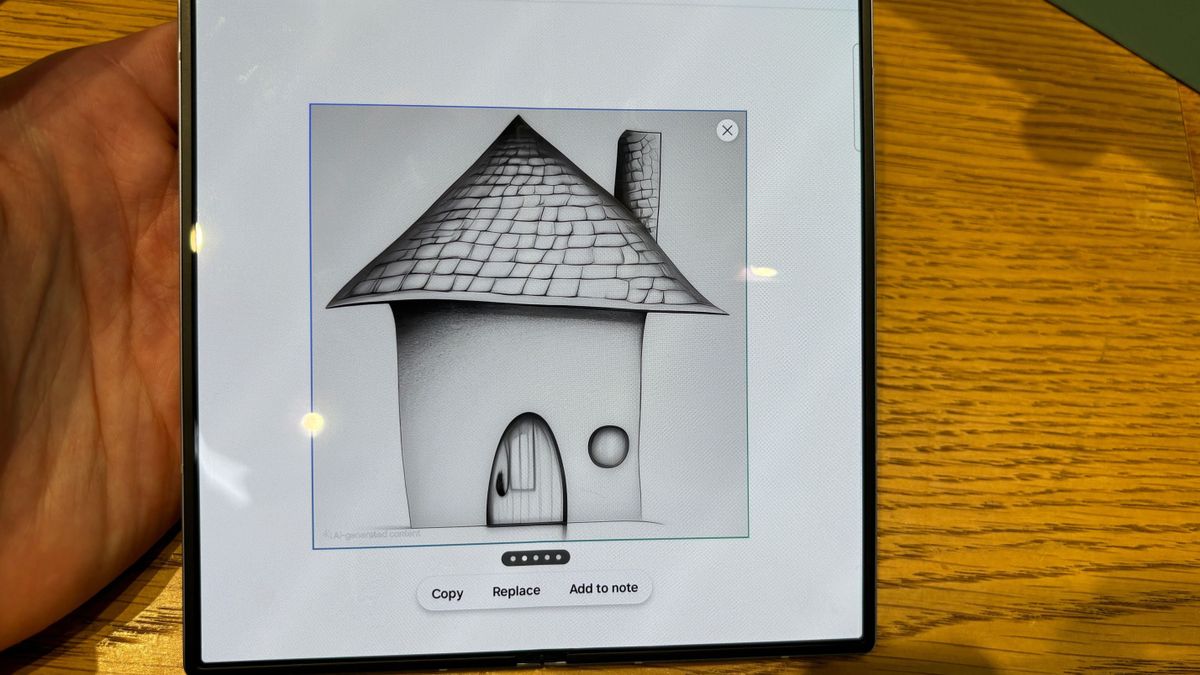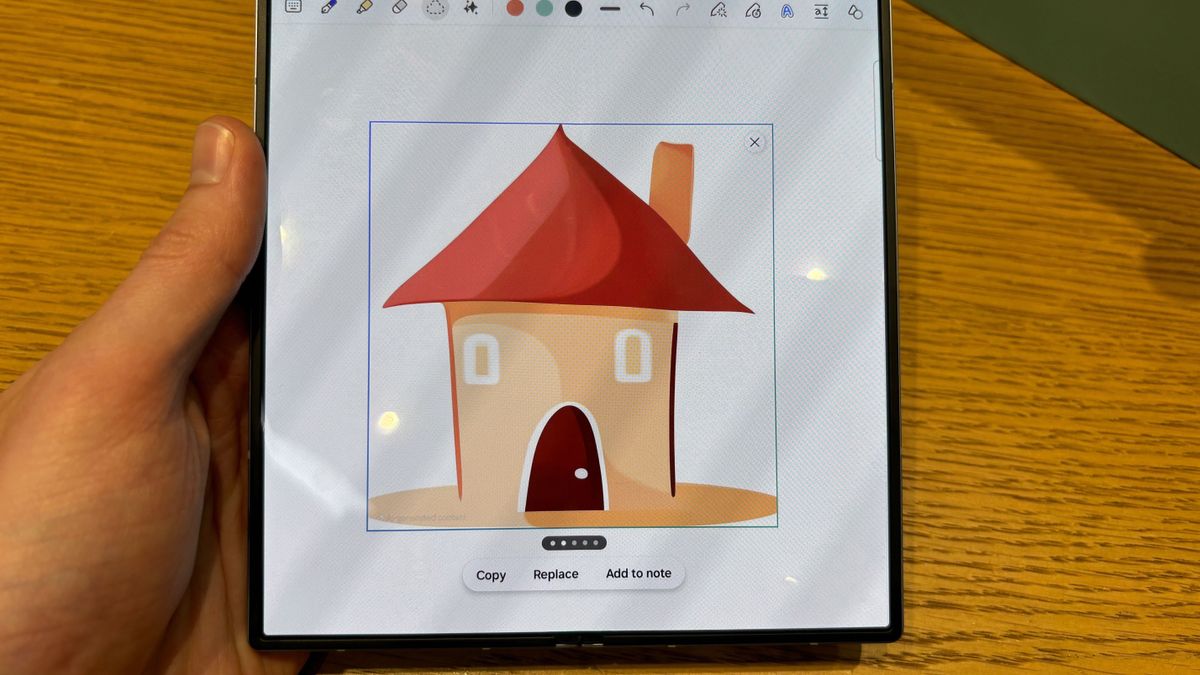Ancient Galaxy AI options come with Comic Strip to Symbol, which turns your quick doodles into good-looking designs, Interpreter, which interprets languages for both those yelling on the telephone or the society you meet in real life. Beach will translate, and composer for AI-generated emails.
Some or all of those tools will be available on the various ancient Samsung devices we’ve already had the pleasure of grappling with; Take a look at our hands-on Galaxy Z Fold 6 review, hands-on Galaxy Z Turn 6 review, hands-on Galaxy Ring review, and hands-on Galaxy Extreme review for our initial verdicts. Some options may be available on used Galaxy gadgets, and we’ve got full Galaxy AI compatibility information to provide explanations for all of these.
Samsung, on the other hand, has never been behind in being weak on AI at present, and most ancient and current Galaxy AI features are pretty indistinguishable to those that mode Apple knowledge. It was introduced at Apple’s WWDC 2024 in June, and will be available when iOS 18, iPadOS 18, and macOS 15 Sequoia launch on the same day, possibly in September.
Due to Samsung’s unreleased devices starting July 24, the Korean company will beat Apple to the market with its pristine AI options – but is the first counterpart the best? Here’s how we expect the tech giants to shape up as the AI battle enters a primitive phase.
Symbol Wand vs Comic Strip to Symbol
Both Apple Knowledge and Galaxy AI have an interesting AI feature that turns your sketches into pictures. This is the factor you want to fight first either way.
Apple calls its characteristic symbol the wand, while Samsung’s symbol for it is the comic strip. We haven’t been able to test the Symbol Wand out in the wild yet, but from the demos we could find it certainly looks doable. It also takes into account any textual content on the web page similar to your caricature when it wants to determine what you are portraying and generates an AI image next to it. So, if you were given a web page searchable in Notes and you tried to draw a horse close to some textual content about a horse, that would help Apple figure out what your caricature is. .
The TechRadar group got down to playing the game with Comic Strip to Symbol on Samsung Match and we have to say, we’re inspired. You get five types to view your drawing: watercolor, representation, comic strip, pop artwork, 3-D caricature. Draw something specific, such as an area, and it will work flawlessly, although sometimes it gets it wrong when it guesses what makes your doodle more difficult to understand. A Lego brick we attempted to draw, for example, became a cooking hob unit before our scene.
Provisional Winner: SAMSUNG
Siri vs Google Gemini
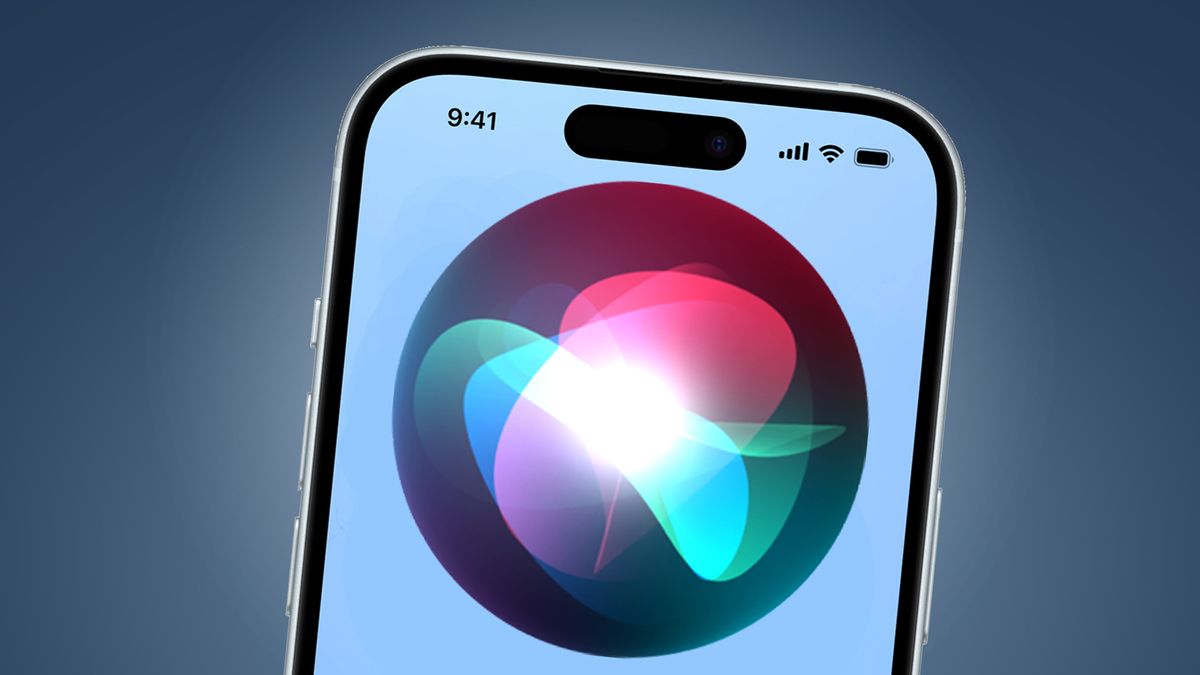
Apple has tweaked Siri’s AI in iOS 18 to make it stronger. It now includes more natural language-processing features, so you can slur your words, make mistakes, and still be understood. It also remembers what you asked it, so you can start a conversation, and it draws data from pictures, calendars, messages, and other apps to learn more about you, so you can do things like that. Invitees are able to say, “When is my next appointment with Joe?”
In contrast, Samsung has long adopted Google Gemini, Google’s AI chatbot, on its unedited phones. Gemini can do everything they can on the internet, but for your phone. It also integrates with Google’s apps like Gmail and Calendar, so it can learn more about you in a way that’s indistinguishable from Siri.
Gemini can create text, create images, install footage and it also guarantees to do its maximum processing on the software, moving it to the cloud only when needed, which aids security. Gemini can also multitask, so you can watch a video on your phone and ask questions on it in the Gemini side panel. One minor hiccup is that Samsung has said the feature is ‘coming soon’, and the company hasn’t yet equipped the feature.
Since Apple has secure access to a lot of information about its customers, we suspect Siri will be significantly better at the virtual employee parts than Gemini, but we’ll have to test them together to make sure. For example, you’ll be able to ask Siri when your mom’s plane is landing and she’ll know who your mom is and determine the landing age from your messages and emails. However, if requests get too complex Siri may want to call in ChatGPT, Gemini is already a fully featured chatbot implementation, so it’s not that easy to test them. What we do know is that whether you’re saying “Hey Siri” or “Hey Google,” AI will be deeply integrated into the phone closest to you.
Provisional Winner: Apple
condition apps
Interestingly, Apple denied any mention of the use of Apple data to strengthen features of its iOS Condition app in the iOS 18 preview at WWDC. In contrast, Samsung guarantees that its Condition app will study the vast amount of data it contains for your entertainment patterns, heart rate, work level, stiffness and breathing rate to determine an overall power rating out of 100 for the Galaxy. Will create utility of AI. The strength ranking, mixed with hints throughout the date about how it can be strengthened, provides you with ideas to understand what is making it easier, or working harder, with your workouts. Are.
Provisional Winner: SAMSUNG
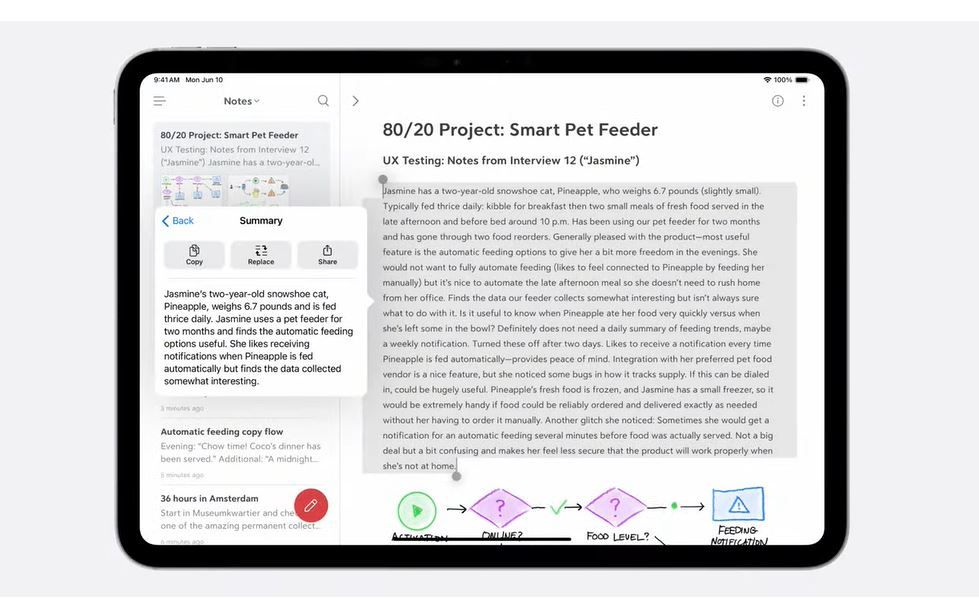
The ability to generate human-written text first caught the world’s attention and crystallized the convenience of AI chatbots, and both Galaxy AI and Apple Knowledge are bringing this feature to the phone nearest you – but in different ways.
Apple’s built-in writing tool works like a staff for text you’ve already written. If you’re typing an email you can get it to rewrite it in another format, or you can get iOS 18 to organize and proofread the important things in your emails. it. Galaxy AI makes a utility of Google’s AI chatbot Gemini, which can also do this work, but it is not integrated into Gmail or the Mail app. On the other hand, its Mail app has options like Composer, which generates emails as per the prompt, so all you have to do is type, “Write an email to Jenny asking why I can’t come to her party”, and it’s text. Will generate.
Since iOS 18 has access to ChatGPT built-in, creating textual content should also be within its powers, but we have yet to see how this will be expanded going forward.
Provisional Winner: Apple
Photos and footage
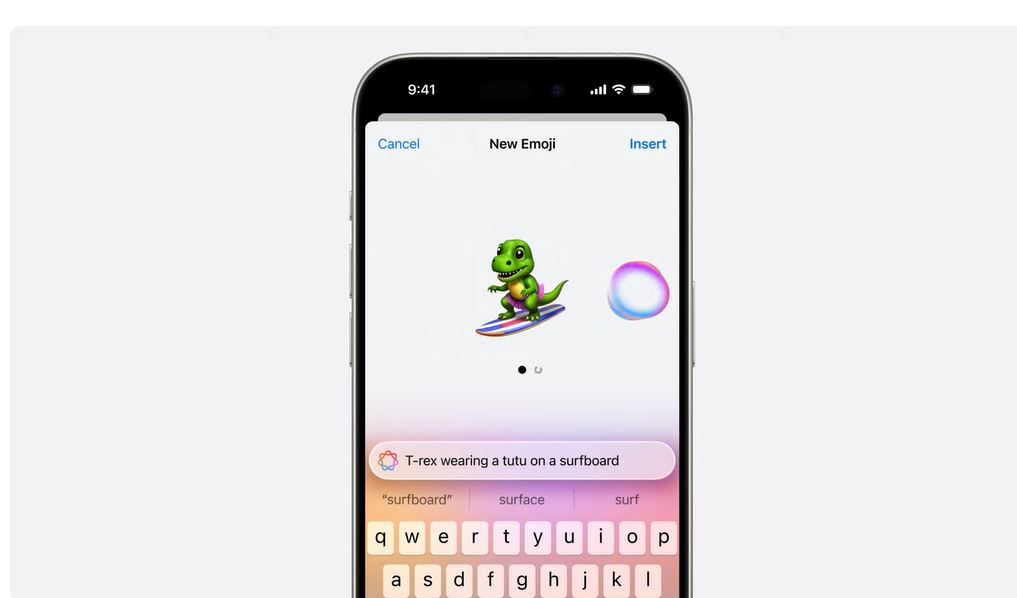
One of the most heavily advertised issues of Apple Knowledge is the ability to generate your personal emojis from activation, for example “a fish wearing a tuxedo” or “a smiley face with cucumbers for eyes”. Those Genmoji can also access your photo library, so you can create them based on photos of your real friends and country, which is really intelligent.
Every week Samsung and Apple have a series of AI features designed to clean up your photos, edit them, and remove items you don’t need, nothing like Genmoji in Samsung’s Galaxy AI offering. Is. Samsung demonstrated that ancient Galaxy phones could generate a 3-D image of a person from a photo, on the other hand, we’re still going to give it to Apple because of the wide number of effects you can access with it. Is with Genmoji.
Apple also has Symbol Places, which is an AI image generator, and once again it understands who the societies are for your footage library. Once created, you’ll be able to use them for your own activities, so it’s easy to create an entertaining photo like “James is winning the marathon” or “Dad is climbing Everest.”
Provisional Winner: Apple
Translation

keep an eye on
A great feature of ancient Samsung telephones is the interpreter, which gives them the power to translate between languages instantly. So, you will be able to communicate in English, and translate it into, say, Thai in the personal situation in front of you. The phone will also read text. It also works in telephone calls and is especially suitable for the Samsung Galaxy Z Turn 6, where you will have a screen that varies through two simultaneous interactions; This means you’ll be able to use it individually to get instant text translation right in the palm of your hand.
Meanwhile, Apple has a Translate app in iOS, but while it can deal with accented input, the output is limited to text. Samsung is way ahead here.
Provisional Winner: SAMSUNG
seek
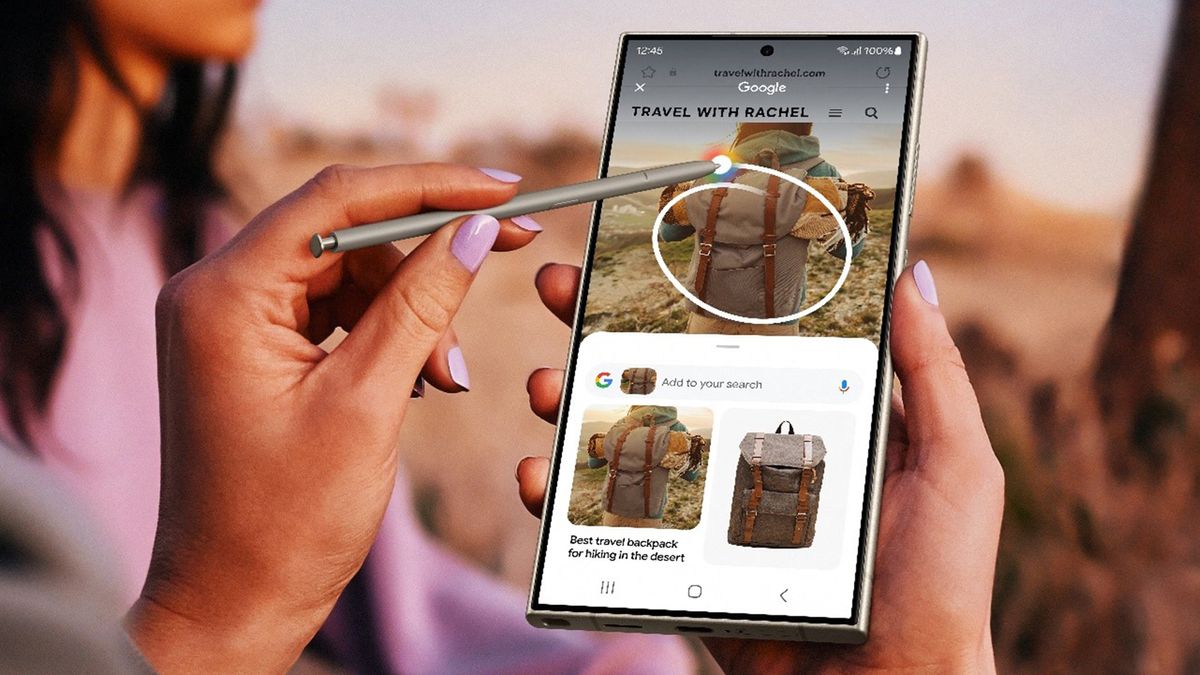
Circle to Seek is a great image-based search feature that’s already available on select Android phones, and will likely be integrated into one of the older Samsung Galaxy models. You simply draw a circle around a photo and Galaxy AI will identify what it is, then search for it.
While Apple this week has made strides in natural language for viewing in the iPhone’s Pictures app, it probably won’t be able to do anything about Internet searches — since it no longer has a partnership with Google. This is where Samsung has merit.
Provisional Winner: SAMSUNG
And the initial winner is…
Samsung! Galaxy AI and Apple knowledge are really well-matched against every alternative. They have largely indistinguishable quality entities, depending on your interest in implementation and whether or not you can be swayed through amusing things like Genmoji.
Apple Knowledge feels like it needs to be more deeply integrated into the OS than Samsung’s Galaxy AI, although Samsung has some great tips in its Conditions app with Interpreter, Circle to Seek, and AI inventions.
Overall, I’m giving Samsung first shot at getting its product to market first, but it’s going to be a long battle and it’s not over yet. Let’s see where we stand when the iPhone 16 arrives. In the meantime, you’ll be able to join the iOS 18 beta to compete with Apple’s AI when it goes into the crowd, possibly in July at the nearest.
You may also like
Discover more from news2source
Subscribe to get the latest posts sent to your email.


